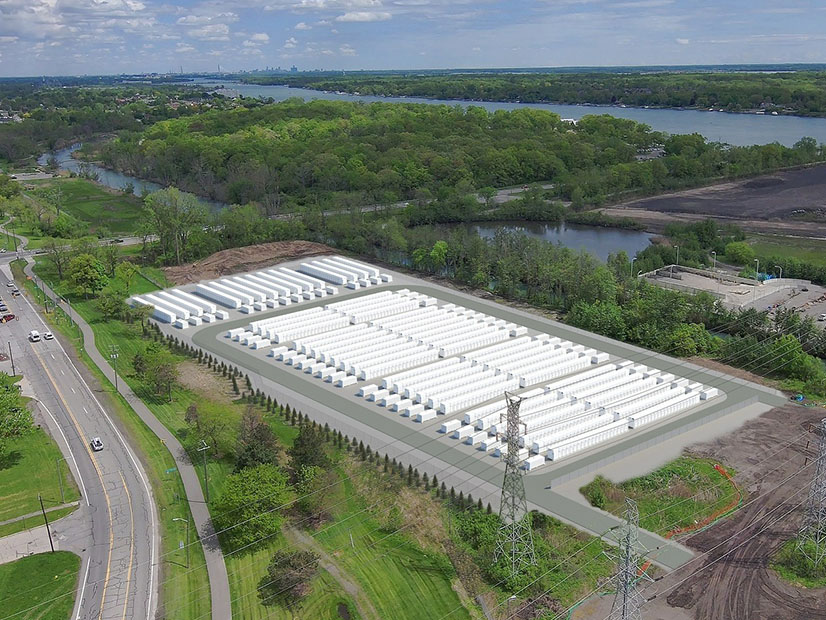The U.S. Senate on June 12 confirmed two of President Joe Biden’s three nominees, David Rosner and Lindsay See, to FERC and is poised to take a final vote on Judy Chang on June 13.
The votes mean FERC will be back to its full complement of five commissioners when the nominees take office, avoiding the loss of a quorum when Commissioner Allison Clements leaves at the end of the month.
“When it comes to fairly assessing all interests, five heads are better than one,” Energy and Natural Resources Committee Chair Joe Manchin (I-W.Va.) said on the Senate floor. “Bringing together five different people, with five different life experiences and perspectives, helps ensure that all affected interests will be heard and fairly considered and assessed.”
Rosner, a FERC staffer who has been detailed to Manchin’s committee for the last couple of years, was approved 67-27. He fills the seat left open by former Commissioner Richard Glick, who chaired the commission when Biden took office until the end of 2022. His term will end June 30, 2027.
Most of the votes against Rosner came from Republicans, but he also lost support from Sens. Ed Markey (D-Mass.), Bernie Sanders (I-Vt.) and Elizabeth Warren (D-Mass.), with environmental group Friends of the Earth opposing his nomination.
“Lame duck Manchin is being allowed to dictate the future of FERC from beyond his political grave,” said Lukas Ross, deputy director of Friends of the Earth’s climate program, referring to the senator’s decision not to run for re-election. “This dirty deal preserves the status quo by entrenching a pro-fossil gas majority. A paid cheerleader for the LNG boom like David Rosner has no business as a Democratic nominee.”
Before his time at FERC, Rosner worked at the Bipartisan Policy Center, whose energy program director, Sasha Mackler, said he was well qualified for the commission.
“David has a tremendously deep knowledge of U.S. energy policy, as well as a keen appreciation for the complexities of the interactions between consumers, households, businesses, energy providers and other key stakeholders, including state governments,” Mackler said. “It is hard to imagine a more qualified nominee, or one with a higher level of integrity and dedication to public service.”
See, the solicitor general of West Virginia, was approved 83-12. She takes the place of former Commissioner James Danly, who left at the end of last year. Her term ends June 30, 2028.
She received support from every Republican except both of Missouri’s senators, Josh Hawley and Eric Schmitt. Hawley, who voted against all three nominees at the ENR Committee, had criticized her response to his questions about the Grain Belt Express transmission project. (See Senate Energy Committee Advances Biden’s FERC Nominees.)
The Senate also voted to invoke cloture on the nomination of Judy Chang, former undersecretary of energy and climate solutions in the Massachusetts Executive Office of Energy and Environmental Affairs, 63-31, setting up a final vote for the next day. Chang would replace Clements after the latter leaves, and her term would end June 30, 2029.
“While I may not agree with each of the nominees on all the items all the time, all of them are well qualified,” ENR Ranking Member John Barrasso (R-Wyo.) said.
